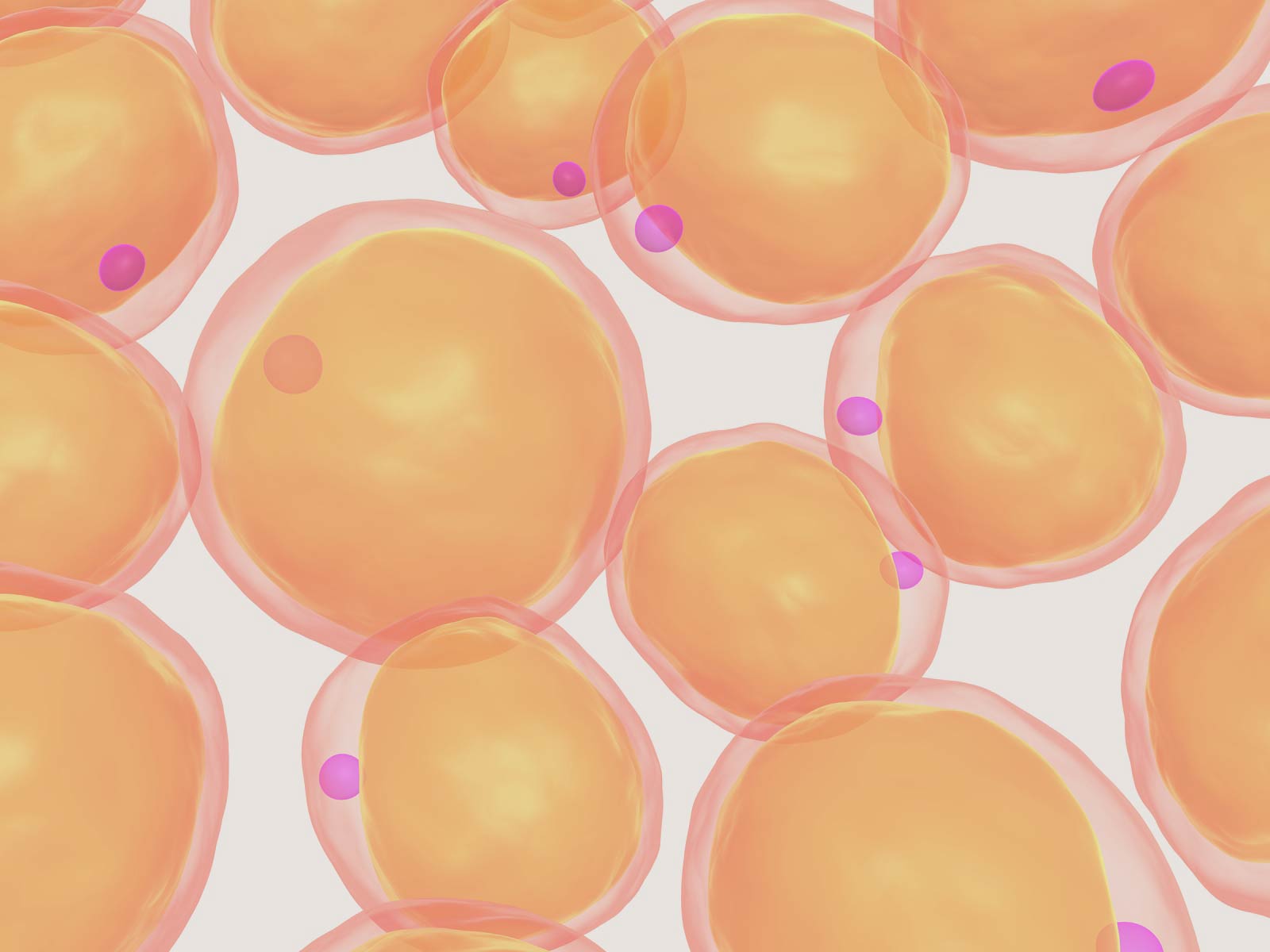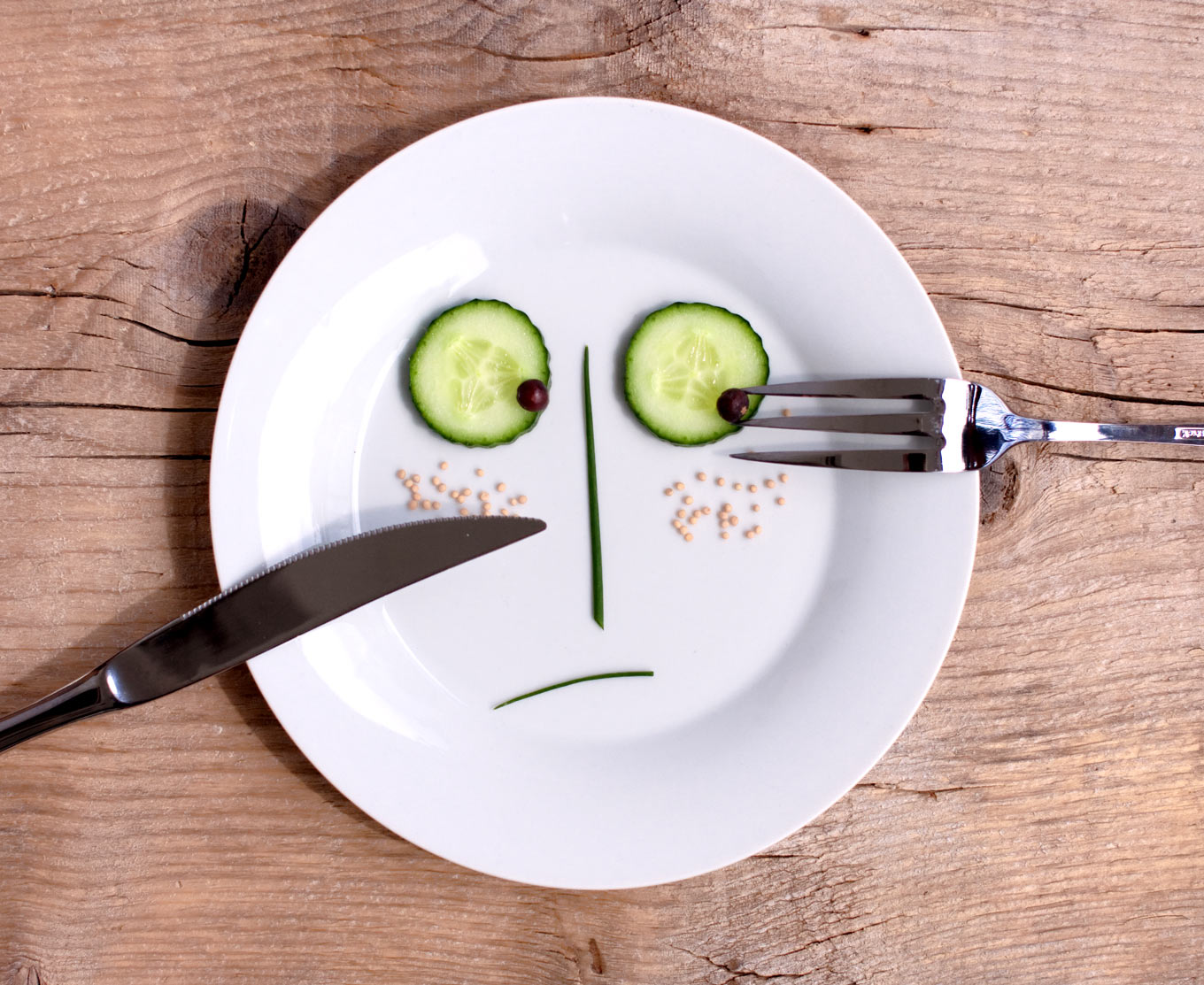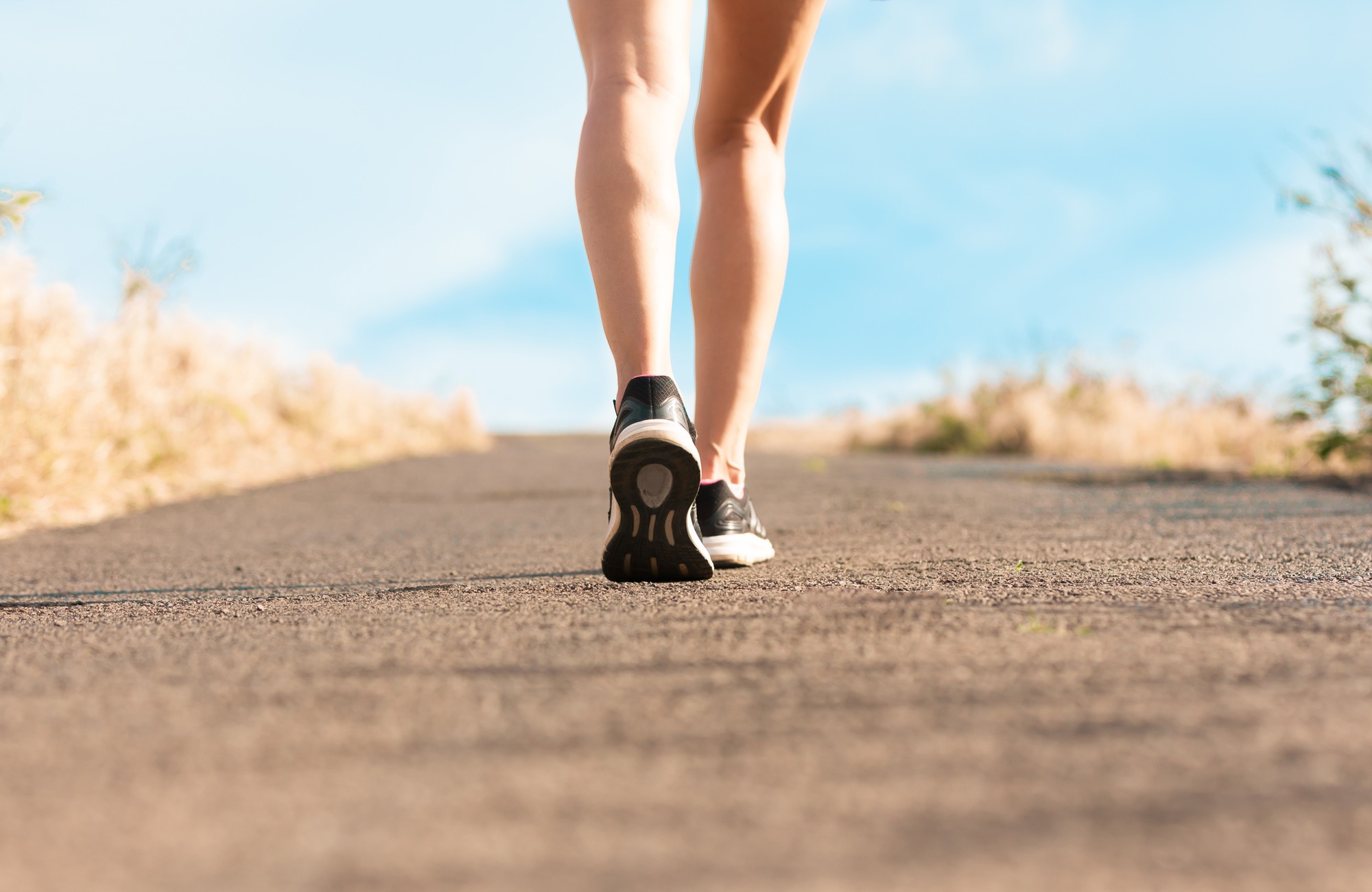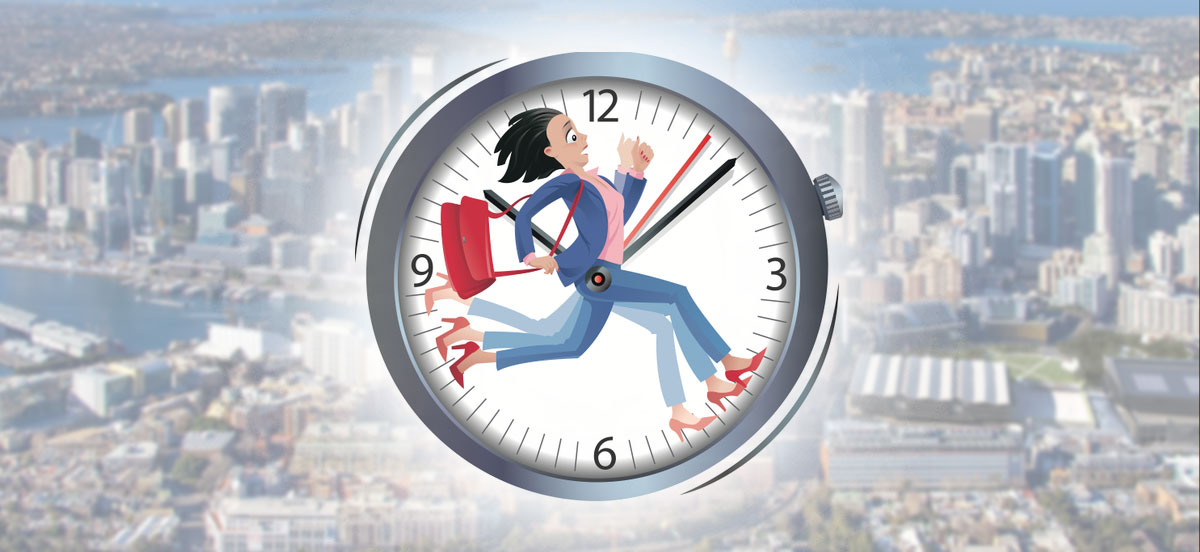Too many people are led to believe that ageing and weight gain go hand in hand.
The thing is, if this was the case, everyone would put on weight as they aged – and this does not happen. While it’s true that our body does change as we grow older, gaining weight with age is anything but inevitable.
Many women feel like they’ve tried everything to shift body fat, but their body just doesn’t seem to listen to them in the way that it used to. So let’s explore a few reasons why body fat might creep on over the years, and what you can do to address it.
We stop moving as much
Between work and raising families, we tend to make less time for our own wellbeing and this can result in reduced movement habits. If we have a desk job, statistics tell us the average adult will sit between 10-12 hours in a 16 hour waking day. That’s an incredible amount of time on our behinds! We can counteract this by looking for opportunities to increase incidental movement in our everyday life.
Ideally in an office job, you would convert your desk into a sitting/standing station but if that’s not possible for you, aim to get up every hour and move around the office – for example, walk to the kitchen to get a glass of water, or go and see a colleague rather than emailing. Other ways we can increase our incidental exercise include walking or riding a bike instead of driving short distances, gardening, taking the stairs instead of an escalator/elevator, parking at the back of a carpark and walking the extra distance and carrying our shopping in a basket rather than pushing it in a trolley.
We lose our muscle mass
From the age of 30 onwards, we begin to lose muscle unless we do something to maintain (or build) it. Beyond functional movement, muscle mass also affects our metabolic rate and energy production. Muscle mass typically accounts for around a third of total body weight and a quarter of your body’s metabolic activity. In contrast, body fat usually accounts for at least 20% of your body weight (and more for many people these days) but only 5% of metabolic activity! Your ratio of muscle to fat mass therefore greatly impacts your metabolic rate and when you consider that with age muscle mass naturally begins to decline, you can see why it’s important that we actively look for opportunities to build it.
Crash dieting and prolonged stress can actually lead to reduced muscle mass, as your body can convert the protein from your muscles into glucose to meet its energy needs. After a restrictive diet (and there is almost always an ‘after’ because feeling deprived is no way to live), the majority of people go on to regain the weight they lost (for myriad reasons) plus more – a reduction in muscle tissue, leading to a reduction in metabolic rate, in part explains why it can become much easier to gain additional weight.
So, embrace some kind of resistance training. This doesn’t necessarily mean you have to go to the gym, although do this if it appeals! Pilates is a great form of resistance training and yoga uses your own body weight as resistance. The aforementioned suggestions for incidental movement can also help to maintain and build muscle.
Our perception of pressure might increase
The more people we have relying on us, the more pressure we’re likely to feel. When we’re young we tend to have fewer adult responsibilities and so our daily opportunity to perceive stress might be lower. When you add in caring for a family, managing a mortgage, maintaining a relationship with your spouse, family and friends, juggling work commitments, housework, cooking—and everything else we need to consider—it’s easy for these things to pile up as things we have to ‘manage’.
When we feel overwhelmed by responsibility and our everyday tasks, we will likely spend more and more time in what I call the ‘red zone’ which is where your stress response is activated. Without unpacking it fully, suffice it to say that more time in the red zone translates to your body getting the message that it’s not safe to burn body fat efficiently as a fuel. Until you communicate safety to your body, you’re unlikely to let go of extra body fat that your body has stored to ‘protect’ you.
The way we address this is to reconsider our perceptionof pressure and urgency. This is something I teach in Weight Loss for Women because I recognise how challenging it can be to change the way you’ve been thinking for the last 20+ years. But once addressed, it can create so much freedom and joy in our lives. We can also counteract our stress response by breathing diaphragmatically as this communicates calm to our nervous system.
We haven’t been listening to our body for years
We’re not really taught how to listen to our body so it’s perfectly understandable that we don’t always know how to intuit our body’s messages. But here’s what I want you to know, those parts of your body that frustrate or sadden you—they’re messengers asking you to eat, drink, think, move, breathe or perceive in a different way. Our body doesn’t have a voice, so it uses symptoms to communicate with us. It’s actually pretty amazing if you think about it! So rather than judging yourself or feeling betrayed by your body, bring curiosity and ask yourself what it might be trying to tell you.
Here’s the thing, our body usually starts out by whispering to us. Perhaps we get a little bit of discomfort in our belly once a week, for example, but we don’t think too much of it because 90% of the time it’s fine. But then that whispering gets a little louder and the frequency of those symptoms increases. If we don’t listen, we might end up with daily bloating and wonder what on earth is going on. If we can learn to decipher our body’s messages while they’re still whispers, we can save ourselves a lot of heartache. That said, even if our body is shouting at us with really challenging symptoms, we can still very often experience radical relief if we find the road that our body took to create the problem. This will always be the path we need to take to resolve it.
Body fat that won’t shift can be attributed to nine different factors – gut bacteria, liver function, sex hormones, emotions, the nervous system, thyroid function, calories, stress hormones and insulin – and I cover each one of these in detail in my Weight Loss for Women online course. As we age, lifestyle factors may compromise the efficiency of one or more of these factors and it’s this rather than ageing itself that can lead to weight gain.
This is why I am so passionate about helping women to better understand their bodies and what they need in order to achieve excellent health. It is my experience that weight loss (if this would benefit a body) is a natural side-effect of great health and if we address the nine factors, finding the one/s that sit at the heart of our challenges, we can maintain a healthy and comfortable body weight for many years to come.






